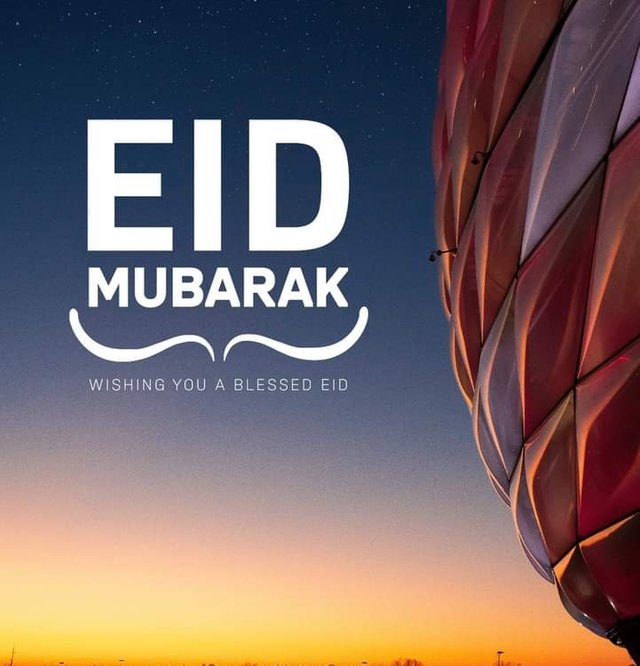As of the last update since January 2020, one of the main crisis in the Nigerian economy is it's dependency on oil revenues, which make it vulnerable to fluctuations in global oil prices. This reliance has hindered diversification efforts and exacerbated issues like unemployment, inflation and infrastructural deficiencies.
Additionally factors such as corruption, security challenges and inadequate fiscal policies have contributed to economic instability in Nigeria.
Concerning the Fall of the Nigerian Naira it fell because of such challenges like depreciation against major currencies due to various factors including low oil prices, limited foreign exchange reserves and economic instability.
Other reasons are: mismanagement and corruption, political and economic uncertainty, weak diversification and foreign exchange reserves.
Throwing light on the Muslim Feast of Ramadan (Eid Mubarak) as a Feast celebrated in many ways depending on the particular or specific Eid they are observing. That is; Eid al- Fitr or
Eid al-adha as explained below;
Eid Al- Fitr marks the end of Ramadan , the month of fasting. Muslims begin the day with a special prayer known as Salat al-Eid usually held in large open areas or mosques. After the prayer they exchange greetings by saying Eid Mubarak and often give Charity known as Zakat al-Fitr to ensure everyone can enjoy the festivities. Families and friends gather to share meals and specific dishes are prepared for the occasion. Gifts are exchanged and children often receive money or gifts known as(Eidi).Many Muslims also visit neighbors, relatives, and friends to spread joy and strengthen social bonds.
Eid al-adha also known as the Festival of Sacrifice. It commemorates the willingness of prophet Ibrahim (Abraham) to sacrifice his son as an act of obedience to God. Muslims begin the day with the Eid prayer followed by the ritual sacrifice of an animal,typically a sheep, goat , cow or Camel symbolizing Ibrahim's willingness to sacrifice his son. The meat is then divided into three parts: one-third for the family, one-third for relatives and friends, and one-third for those in need. Muslims also give Charity and visit family and friends similar to Eid al-Fitr.
In both celebrations Muslims dress in their finest clothes, offer prayers , share meals with loved ones , express gratitude to Allah and engage in acts of Charity and kindness to spread joy and blessings with their communities.
